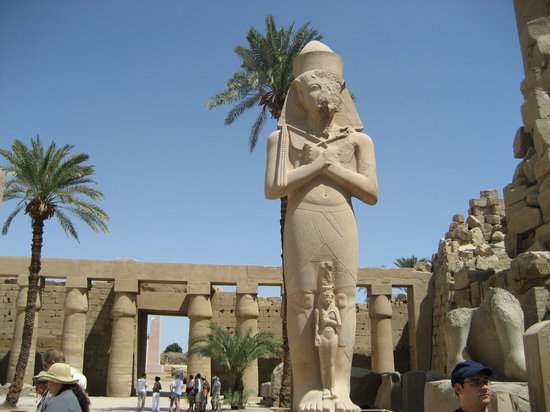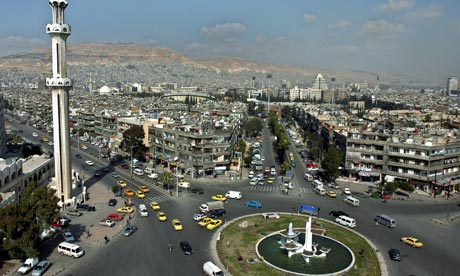If you are anywhere in the Middle East, and you plan on going into a home there, then you need a few tips and pointers so you're not comparable to a foreigner. You can go into a shack on the roof of a rundown building somewhere in the older downtown areas or you can go inside a mansion in some gated community with palm trees lining the road and essentially you will find the same features in both.
I won't go into minimized detail about separate topics because each feature of a Middle Eastern home requires its own elaborate explanation. I haven't been inside a home in the Middle East that deserves the title "organized". The houses there can be clean and new but that will never change the activities that occur behind the walls of the home itself.
First and foremost, a Middle Eastern home, whether it is a shack or a villa, is probably filled will more than the immediate family members that actually own the home. Grandparents, aunts, uncles, cousins, friends, and etc will all be in there at some given point in time. Whether it is three in the morning or three in the afternoon, the homes there will always be crowded and people will always be yelling, crying, laughing. All kinds of noises from all ages ranging from a few months to more than ninety.
There will always be the diva girl who's on the phone with whoever, and the teenage boy kicking around a soccer ball screaming at the television that probably has a soccer game running. There will be the mother and the grandmother cooking in the overheated kitchen and there will always be an irritated grandfather and possibly even father.
It's these qualities that make the Middle Eastern homes much different than any other place in the world. The unique characteristics of these establishments embody the true nature of elaborated exhibition of Middle Eastern and nothing more to it.

I won't go into minimized detail about separate topics because each feature of a Middle Eastern home requires its own elaborate explanation. I haven't been inside a home in the Middle East that deserves the title "organized". The houses there can be clean and new but that will never change the activities that occur behind the walls of the home itself.
First and foremost, a Middle Eastern home, whether it is a shack or a villa, is probably filled will more than the immediate family members that actually own the home. Grandparents, aunts, uncles, cousins, friends, and etc will all be in there at some given point in time. Whether it is three in the morning or three in the afternoon, the homes there will always be crowded and people will always be yelling, crying, laughing. All kinds of noises from all ages ranging from a few months to more than ninety.
There will always be the diva girl who's on the phone with whoever, and the teenage boy kicking around a soccer ball screaming at the television that probably has a soccer game running. There will be the mother and the grandmother cooking in the overheated kitchen and there will always be an irritated grandfather and possibly even father.
It's these qualities that make the Middle Eastern homes much different than any other place in the world. The unique characteristics of these establishments embody the true nature of elaborated exhibition of Middle Eastern and nothing more to it.










